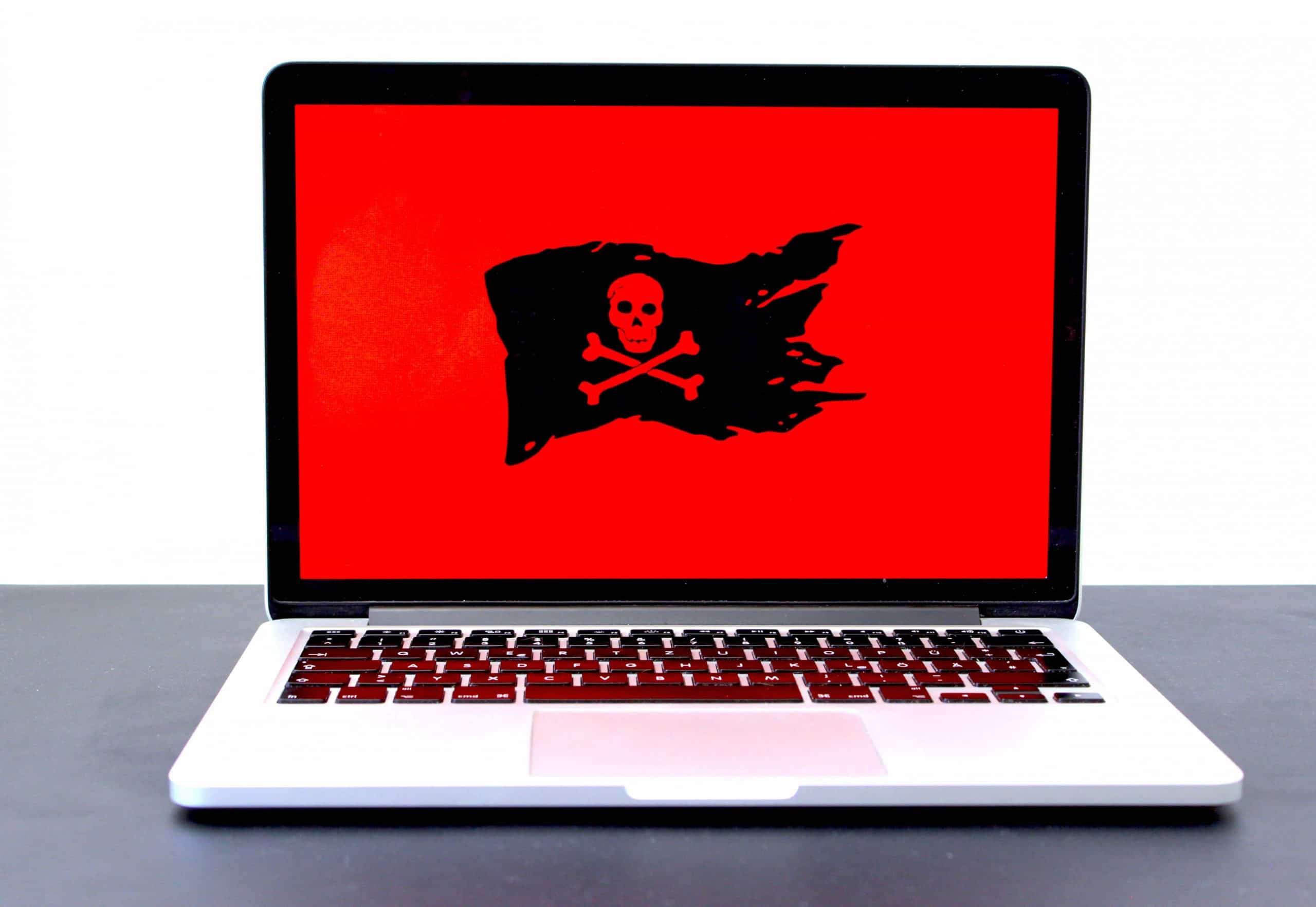Cyberwar sounds like it should be tomorrow’s problem — the province of futurists, visionaries, and Hollywood scriptwriters. In fact, cyberwarfare has been waged already and for more than a decade. We shouldn’t be surprised that the internet has inspired new forms of international conflict. When valuable data such as names, addresses, social security numbers, and bank account numbers and balances resides in a central repository, it becomes a natural target for cyber attackers and hacks.
Most high-profile data leaks, like the 2013 Target hack or the 2017 Equifax hack have been perpetrated by thieves with purely criminal motives: they wanted data, and they wanted money, but they didn’t have an ideology. As potential for cyberattacks grows, it’s altogether possible that more future breaches will have nation-state backing. To date, the most famous nation-state hacking must be North Korea’s 2014 hack of Sony. As increasingly useful and potentially destructive data migrates onto the internet, more and more countries will deploy cyber tools. Could blockchain provide a defense against future incursions?
Blockchain, sometimes called distributed ledger technology, possesses several characteristics that make compromising a well-designed system difficult or even impossible. First, as the name “distributed ledger” implies, blockchain has no central point of failure; there’s no single node or server rack that, once compromised, reveals the network’s data to attackers. Attackers cannot edit or overwrite a blockchain network; any wrongly changed node will be countered by the remainder of the network. Second, blockchains derive security from extremely complicated encryption algorithms. Cracking a blockchain network is virtually impossible, meaning it’s not feasible for a malicious actor to attack.
See related article: Chinese telecoms are racing to add blockchain to mobile services
Although data breaches have become distressingly familiar, cyberwarfare can inflict other forms of damage. All over the world, physical assets, including weaponry and machinery, are mediated or controlled by networked computers. Cyberwarfare has the potential to compromise and damage connected assets; in 2010, to take the most famous example, the Stuxnet worm disabled up to 2,000 of Iran’s nuclear centrifuges.
There were roughly 26 billion devices on the “Internet of Things” in 2019, and billions more devices go live each year. Granted, most IoT devices aren’t nuclear centrifuges, but the potential for hacking-induced chaos remains high. Imagine, for example, what might happen when more computer-controlled autonomous vehicles are on the street. As we grow more connected, our vulnerabilities grow more acute.
Blockchain isn’t a weapon in the cyberwars to come; it’s closer to being a shield. Yet, like so many technologies with warlike uses, its greatest effects may be felt in peacetime activities. Though government agencies like the U.S. Department of Homeland Security have investigated blockchain’s potential for security and defense, groups like the Bill and Melinda Gates Foundation, the world’s largest private foundation, have investigated blockchain’s potential for tracking supplies, validating information, and improving the lives of people the world over. Just as the medieval invention of traditional ledgers and double-entry bookkeeping enabled the growth of the modern economy, distributed ledgers may transform 21st-century life.
Cyberattacks will continue for the foreseeable future; 85% of experts surveyed by The Washington Post predicted that Iran will launch cyberattacks against the United States. In response and preparation, one can hope that the U.S. will invest in more advanced cybersecurity measures in the years to come. More servers will be compromised and more devices will be breached, but it’s the responsibility of governments everywhere to investigate the best ways to resist incursion. In a cyberwar, blockchain can make the world safer, and its further deployment in peace could make everyone’s life better. The 2020s may well prove to be the decade of the distributed ledger.

